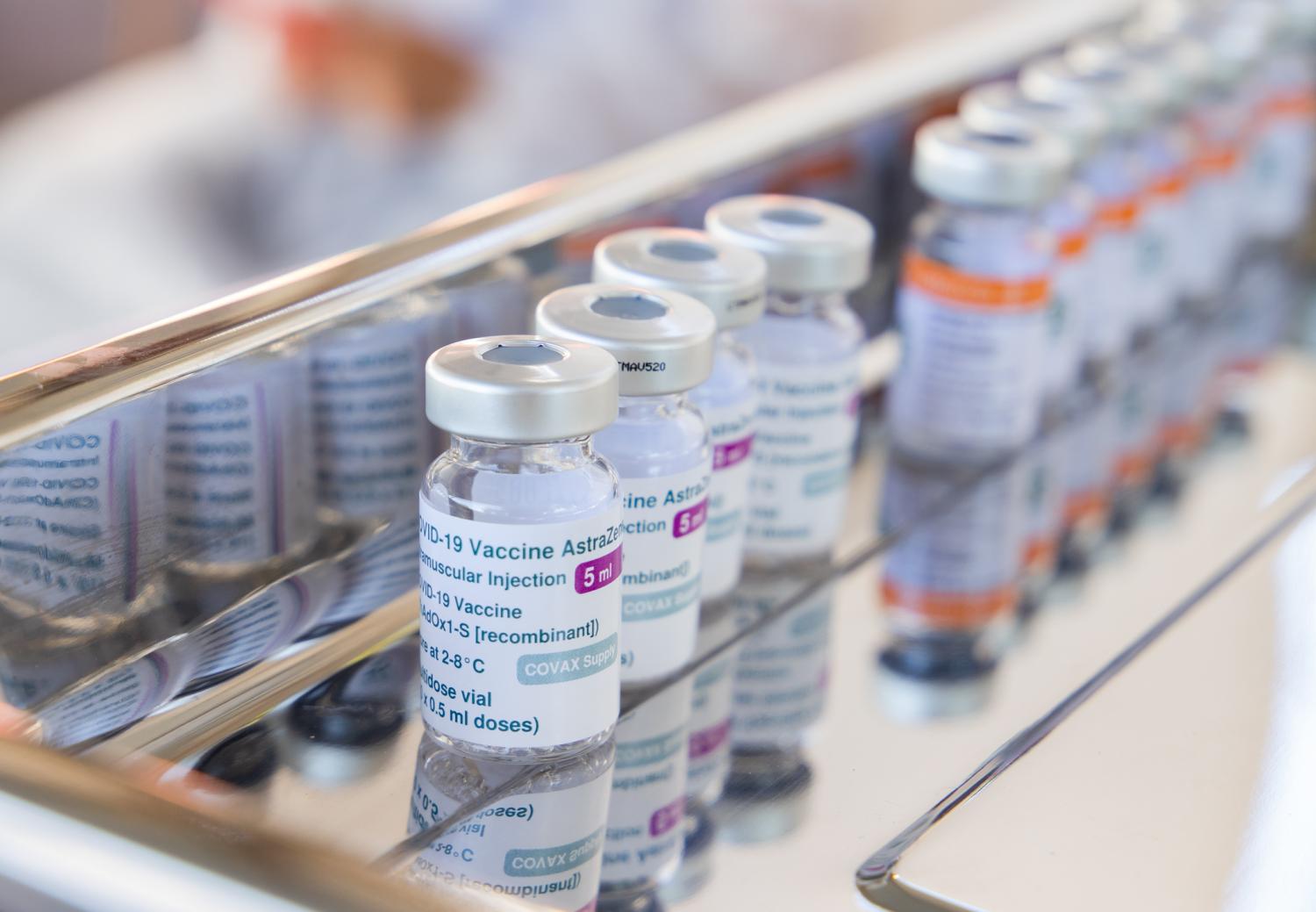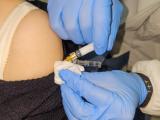Yesterday the Vaccine Integrity Project (VIP), a panel of leading public health and policy experts, published a viewpoint on the Food and Drug Administration's (FDA's) decision this week to issue new, more restrictive, COVID-19 vaccine recommendations via an opinion piece in the New England Journal of Medicine (NEJM).
Sidestepping both the FDA's Vaccines and Related Biological Products Advisory Committee (VRBPAC) and the Centers for Disease Control and Prevention's (CDC's) Advisory Committee on Immunization Practices (ACIP), FDA's Center for Biologics Evaluation and Research Director Vinay Prasad, MD, MPH, and Commissioner Marty Makary, MD, MPH, made new rules on COVID-19 vaccine administration, saying that, going forward, seasonal COVID vaccines will be available only to adults 65 years and older and those at risk for severe COVID-19 complications owing to underlying health conditions.
Bruce Gellin, MD, MPH, the former deputy assistant secretary for health and director of the National Vaccine Program Office at the US Department of Health and Human Services (HHS), told CIDRAP News this was policy by proclamation. The NEJM opinion piece announced rules without expert consensus or public discussion, the hallmarks of VRBPAC and ACIP meetings.
"Is this a sign of how policies at FDA (and HHS and its agencies) will be made in the future?
"Rather than seeking broad input into a proposed new vaccine policy which would help FDA to understand its implications and feasibility (and the potential for unintended consequences), the leaders of FDA presented it—in writing as an opinion piece in the New England Journal of Medicine—as a fait accompli," Gellin said. "Is this a sign of how policies at FDA (and HHS and its agencies) will be made in the future?"
Gellin is a consultant to the VIP.
Rules leave manufacturers in 'chaos'
The VIP makes clear in its viewpoint that looking at COVID-19 vaccine policy is a good thing, but the way the new rules were issued suggests Prasad and Makary are neutralizing ACIP and VRBPAC authority.
"We will be very interested to see what happens in the upcoming meetings," said Michael Osterholm, PhD, MPH, director of the University of Minnesota's Center for Infectious Disease Research and Policy (CIDRAP) and member of the VIP steering committee. VRBPAC meets today, the first such meeting during the current Trump administration, and ACIP in June to discuss vaccine recommendations. Osterholm said vaccine manufacturers have relied on these meetings to plan how many vaccines they will produce and when they produce them.
"What vaccine manufacturers want are clear and unambiguous directions, what is expected and how it's expected," said Osterholm. "What we have now is chaos. Companies have to quickly react to opinion pieces. There’s no guidepost in terms of what is expected."
Yesterday Moderna said it was quickly halting a phase 3 trial of its combination flu and COVID-19 vaccine on the heels of the new rules.
"The viruses surprise us all the time," said Osterholm. "What shouldn't happen is the regulatory process surprising us." Osterholm also dismissed the idea that the new rules were emblematic of the "gold standard science" touted by HHS leadership.
To date, Osterholm said, there have been 174 scientists either at the National Institutes of Health (NIH) or whose research was NIH-funded who were recipients of 104 Nobel prizes.
"What we are seeing now is not gold-standard science. It's public policy shooting from the hip.
"Is that not gold standard science?" he said. "What we are seeing now is not gold-standard science. It's public policy shooting from the hip."
What do healthy people do?
The VIP piece poses a number of questions to the FDA in light of the new rules. Namely, what capacity, if any, do the new recommendations have for off-label use of COVID-19 vaccines? And what role, if any, does ACIP have in current FDA decision making?
Gellin said the new rules take away the option for vaccination of healthy people who may want to reduce the risk they transmit COVID to vulnerable family members, and those who want to reduce the chance of developing long COVID.
"This presents a moral quandary for those who desire a COVID vaccine but don't have one of the risk factors, as it will force them to claim that they have an underlying condition that they don't have," said Gellin.
Gellin did find one loophole, however. Healthy people could claim that they are physically inactive, because one of the underlying medical conditions the CDC recognizes as putting someone at risk for severe COVID is inactivity.
"Who wouldn't say that they should get more exercise?" Gellin asked.




















